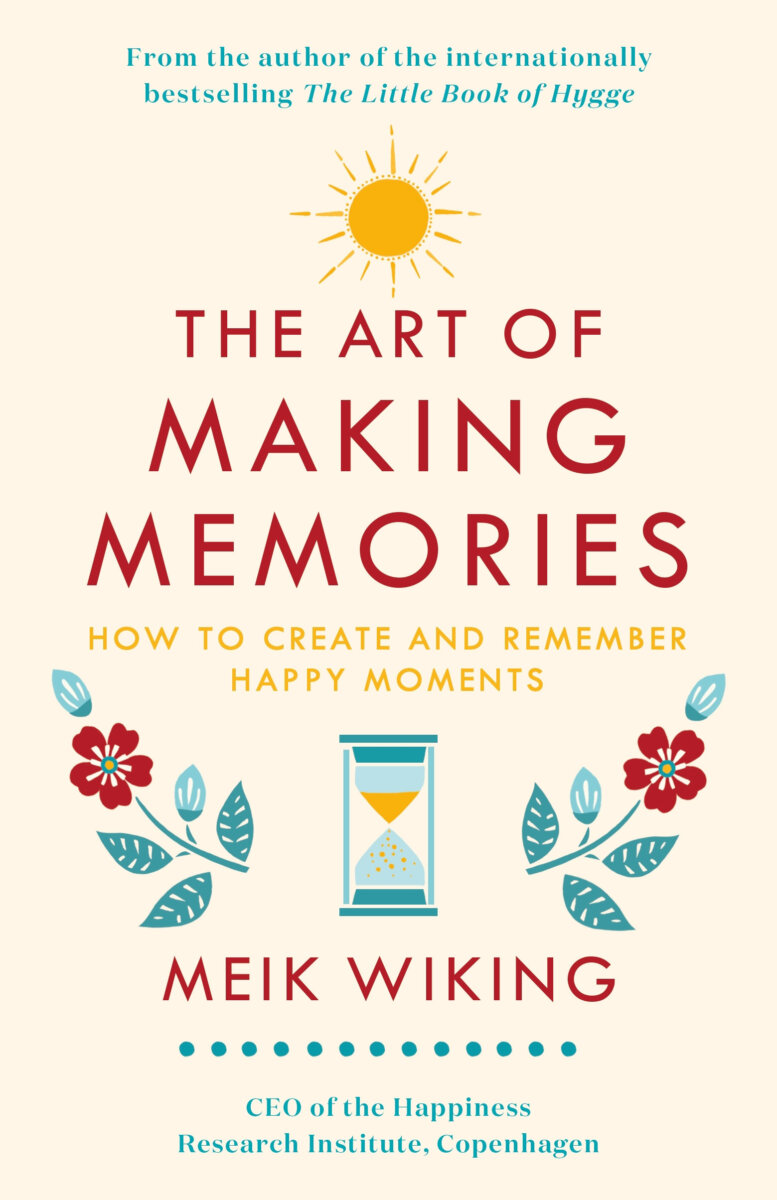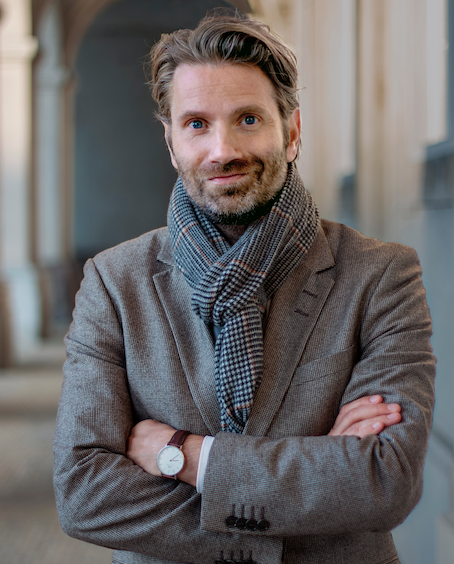Meik Wiking is an influential happiness researcher and the CEO of the Happiness Research Institute in Copenhagen. Acknowledging that Denmark regularly tops the list for global happiness rankings, Wiking wanted to know: why?
A New York Times bestselling author, his previous books (The Little Book of Hygge and The Little Book of Lykke) have explored Danish philosophies related to happiness, well-being, and quality of life. His most recent book The Art of Making Memories focuses on the ingredients that create magical moments and how to better hold onto them as lasting memories.
During the age of COVID-19, the ability to draw stronger connections to happy memories is becoming increasingly essential to mental health. Meanwhile, Wiking’s research can also be applied to helping businesses navigate challenging times and make a lasting impression.
Why is there a need to focus on happy memories?
Meik Wiking: We can see that when people are able to form a positive narrative about their past when they retrieve happy memories, they are also happier overall. They’re more satisfied with life.
[Conversely,] when people are living with depression, not only are they not feeling happy, but they actually struggle with remembering any time at all when they were happy in the past. It impacts how we feel. It also impacts how we act. So, we can see that our memories also shape our behavior.
RELATED: World Happiness Report Finds Social Environment to be Key Factor in Quality of Life Score
We’re living in challenging times considering the sociopolitical climate. How do we focus on optimizing and harnessing good memories when there is so much chaos around us?
Meik Wiking: In every human life, there’s going to be bad memories. There’s going to be heartbreak, failure, setbacks, and struggle. That’s part of the human experience. It’s messy.
I think my aim is to try and see whether we can make sure we have something on the other side of the scale. Some positive memories we can use when we are feeling down and experiencing difficult times.
In terms of pushing us forward, I try to make sure I have some milestones to aim for and to celebrate. One of the things I’ve done at the office is every employee gets two bottles of champagne and then they write on the bottom: when can we open this? Wome people will write down when they get married, other people note professional ambitions.
Do you think society has a deficit in joy and happiness right now?
Meik Wiking: I think there’s a deficit right now in terms of happiness, but it depends where you look. We see happiness levels in the United States and China dropping. But we see countries where happiness levels are increasing. In Western Europe, happiness is increasing.
How can we learn to be more selective at what we retain?
Meik Wiking: I think there are different strategies we can use to try and set up rules for ourselves. Instead of having that constant question in the back of your mind asking, Should I check social media? What’s going on in social media? Maybe not checking Instagram between 8:00 and 8:15 PM will give you more focus instead of having the opportunity to do it and bring more attention to what you’re experiencing.
It is important to be in a moment where I’m fully engaged in an activity that demands my full attention. So, when skiing, playing tennis, spearfishing, I’m really present and in the moment. Forcing yourself into activities that demand your attention like sport can be a way to regain control.
We’re seeing more unconventional roles dedicated to happiness, like Chief Happiness Officer. Why do you think it’s important for us to focus on happiness as organizations? Should businesses be more proactive about creating these roles internally?
Meik Wiking: We are seeing more and more companies doing exactly that. Acknowledging that the people they employ also have a private life and recognizing that if we’re able to create good working conditions, a high level of job satisfaction, and a high level of life satisfaction, people are more likely to stay. This reduces turnover and increases loyalty, productivity, and creativity.
We are actually working with companies where we are basically turning them into happiness labs. We measure their employees on a whole range of different quality of life indicators: self-esteem, stress, loneliness, life satisfaction. And then we try out different interventions to see if we can create a positive impact on the indicators that we are interested in increasing or decreasing.


Key Takeaways: How to Retain Memories
Be Memory Architects
Firstly, understand that there is something we can do to influence what people remember. Each of us can consider ourselves “memory architects.” There are tools that we can apply that make it more likely people will remember others, a company, or product.
Seek Novel Experiences
Novel experiences ensure durability when it comes to memories. Seeking out new experiences that push us outside of our comfort zones is more memorable.
“It doesn’t only have to be climbing Mount Everest, it can also be a new experience in a gastronomical sense,” said Wiking. “Last summer, my girlfriend and I went to a Michelin- Star restaurant in Denmark and they had 16 different courses. One of them was ants. I’d never had ants before. It’s the dish I remember the best from that experience.”
Use the Full Palette of Senses
Memory works by associating the five senses with experiences. Through sight, sound, taste, smell, and touch, all of these senses can be built into an experience to make it more memorable.
Could certain senses be more powerful than others for helping someone remember your company? Wiking explains it depends on the person.
For instance, Andy Warhol thought that the sense of smell is the most important one. He would wear the same perfume for three months, then never wear that perfume again and switch to another one, for the purpose of creating a museum of memories. Ultimately, he would take a whiff of that perfume and be transported back in time.
RELATED: Companies Are Starting to Introduce Happiness-Monitoring Departments
Build Stories
One of the keys to being memorable is using personal stories and anecdotes to bring ideas, products, or services to life.
According to Wiking, “People don’t remember facts. They remember feelings. They remember a narrative where somebody was a character that went through some things.”













